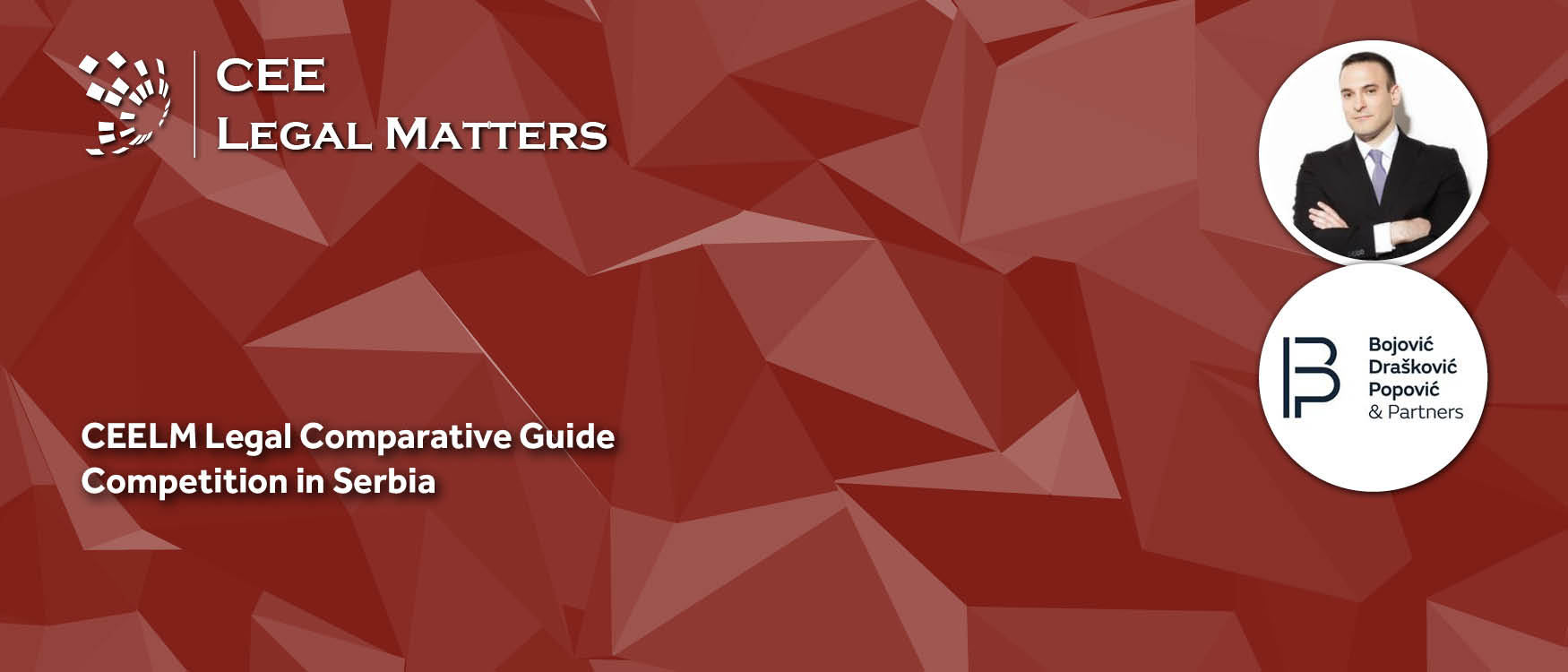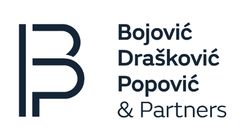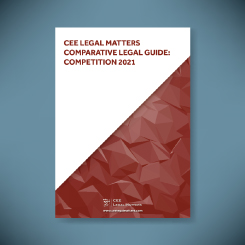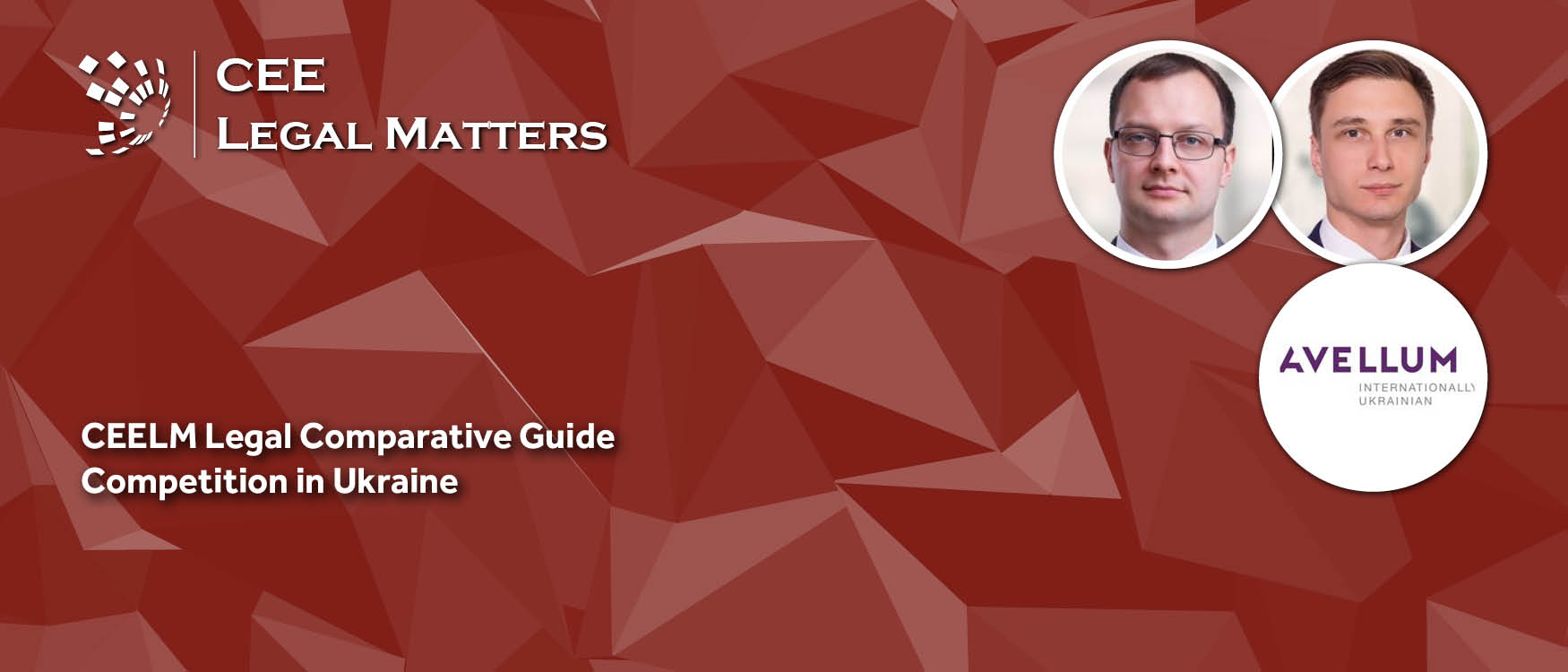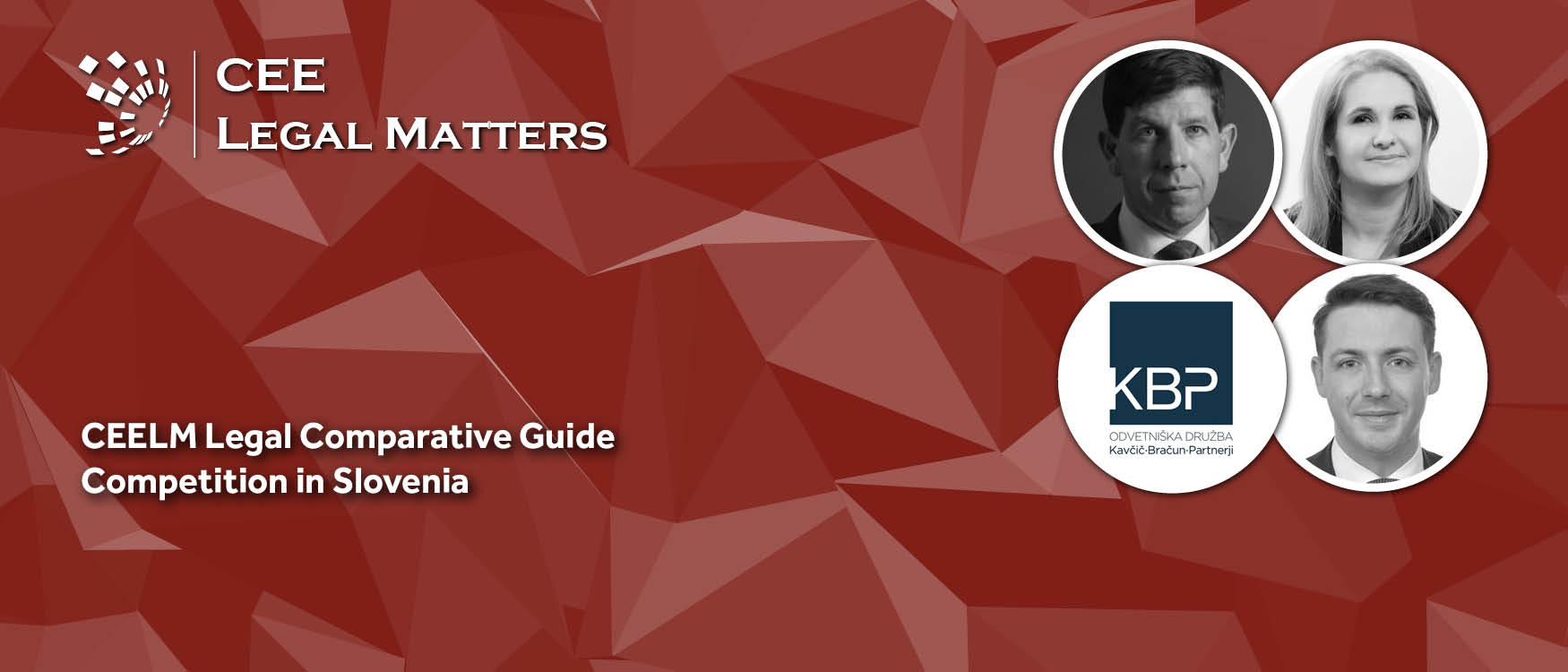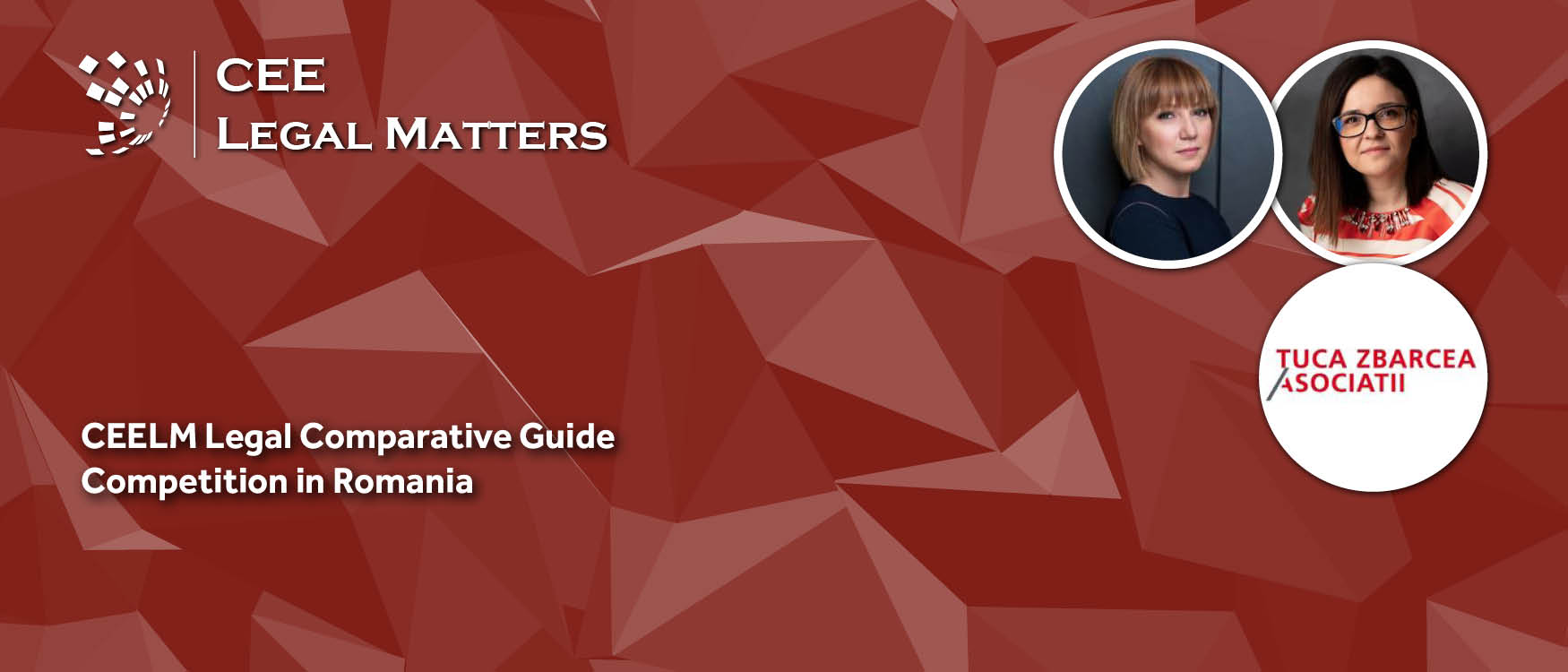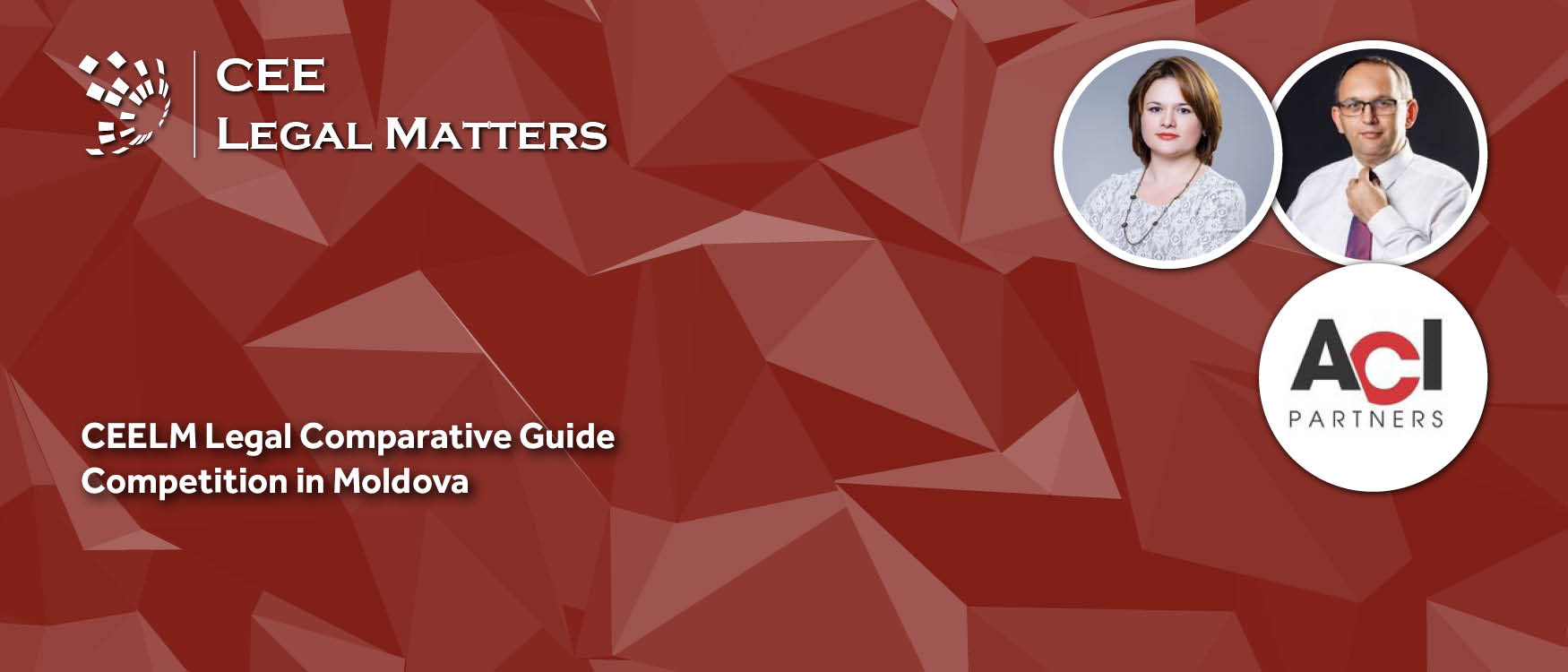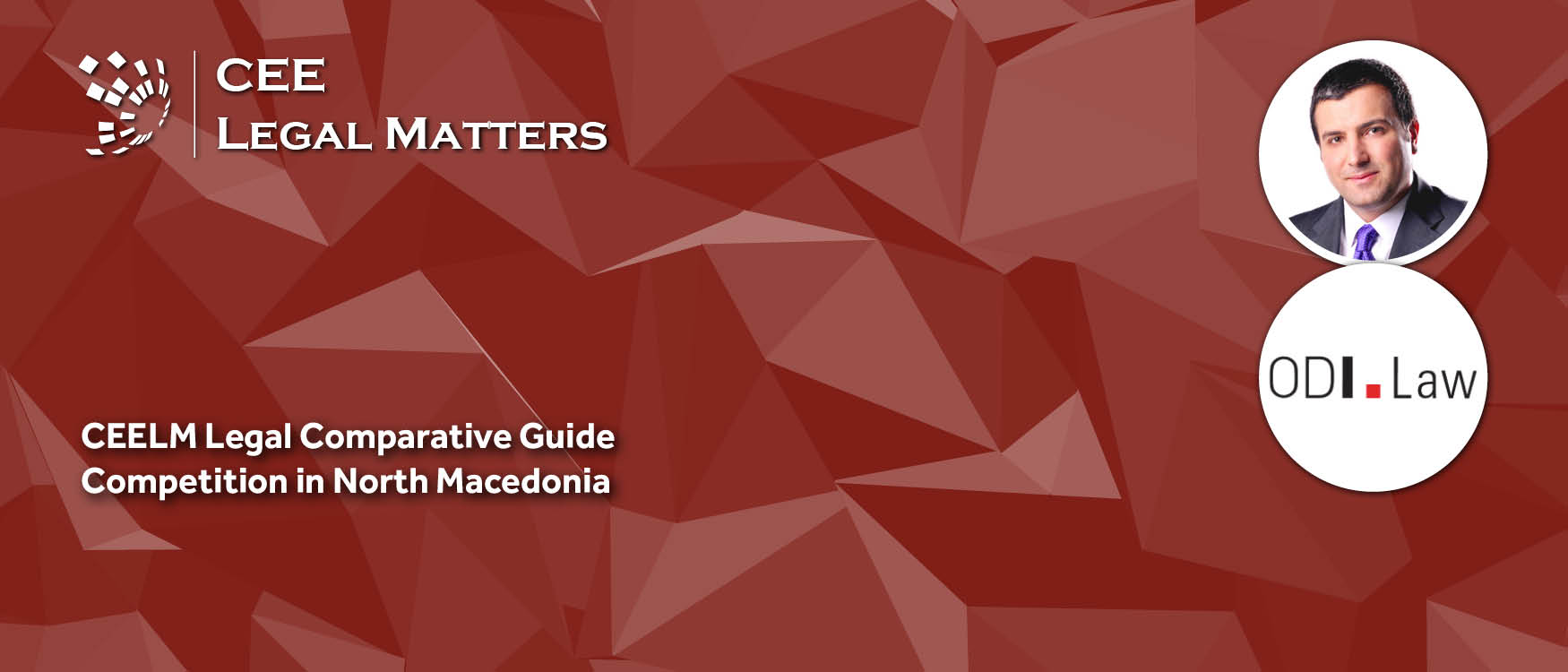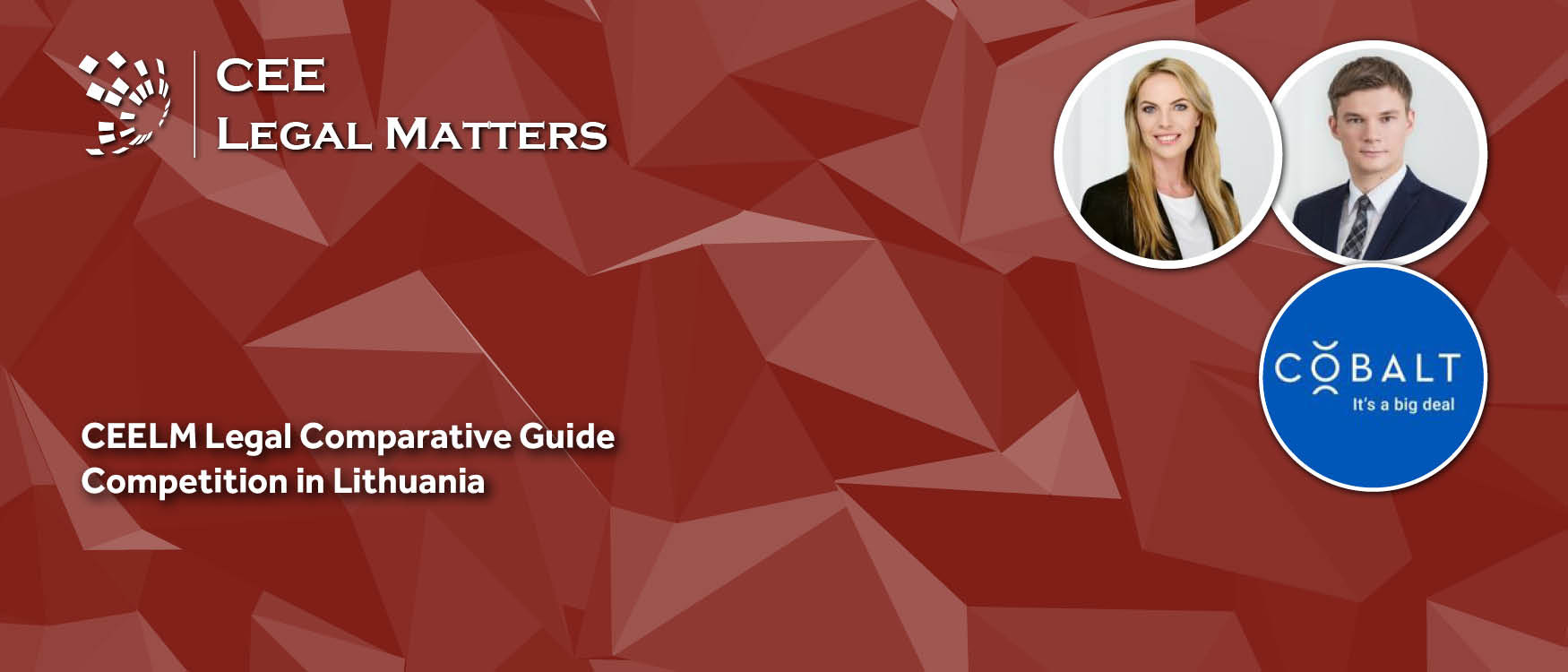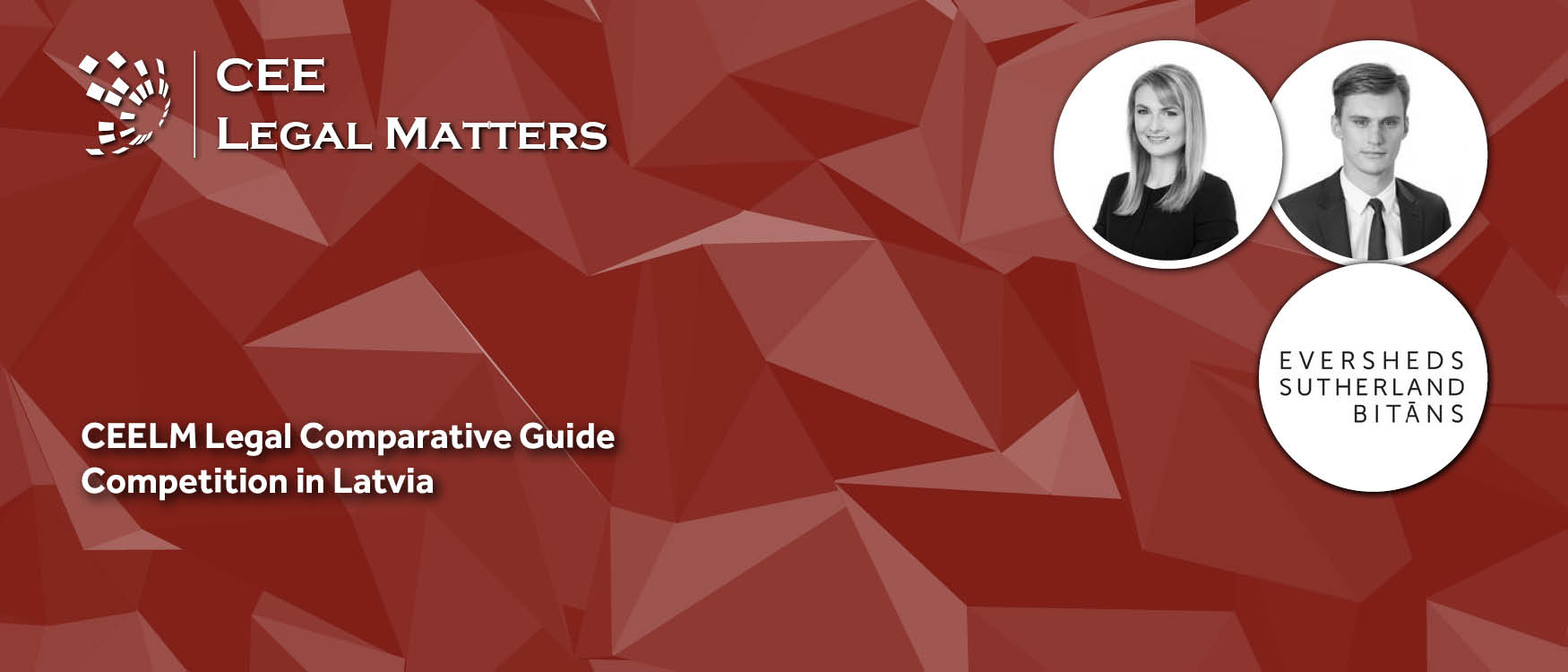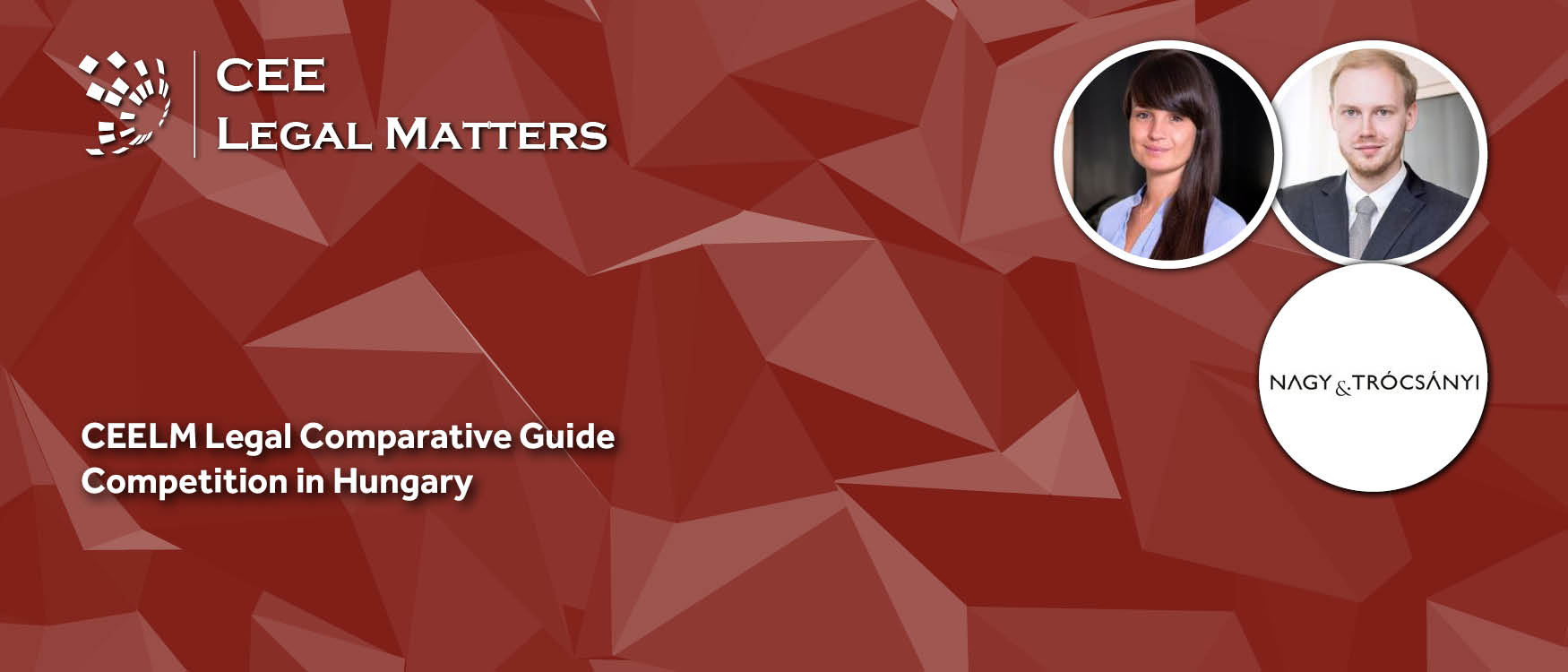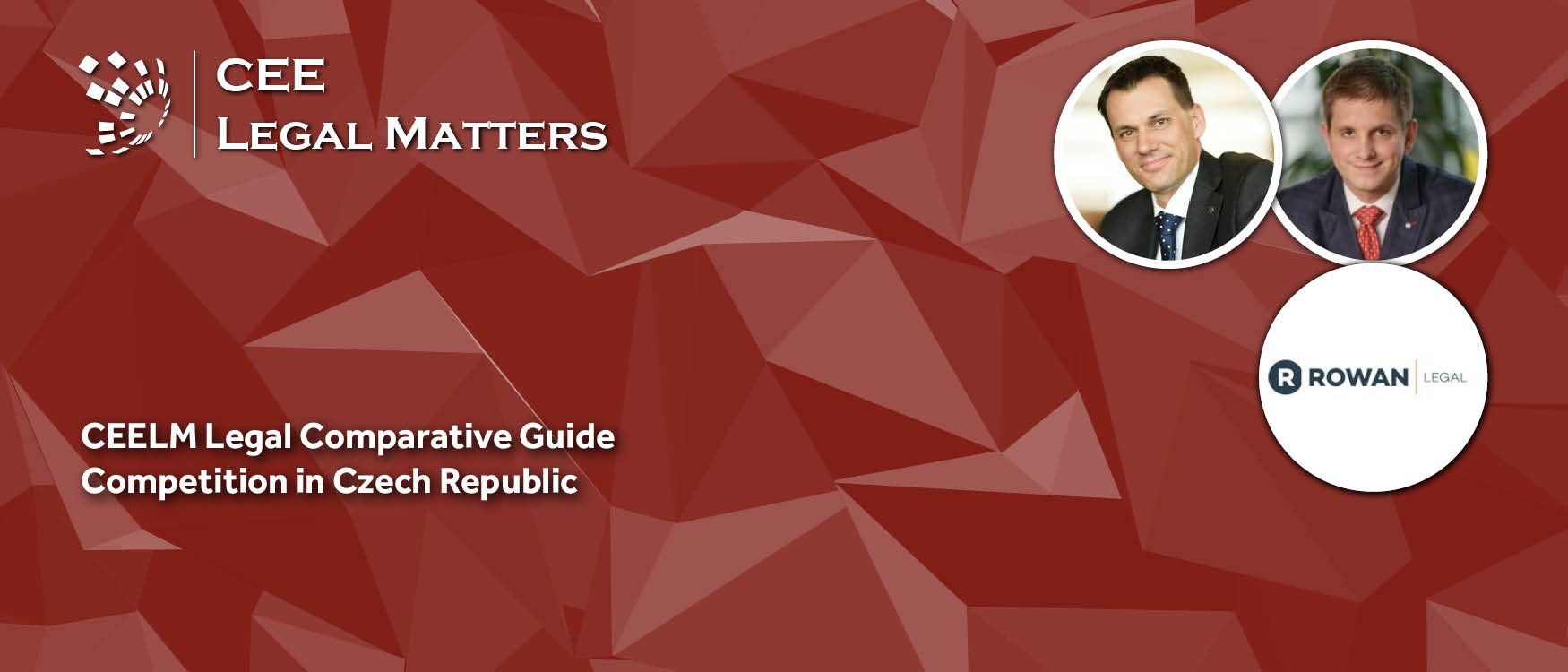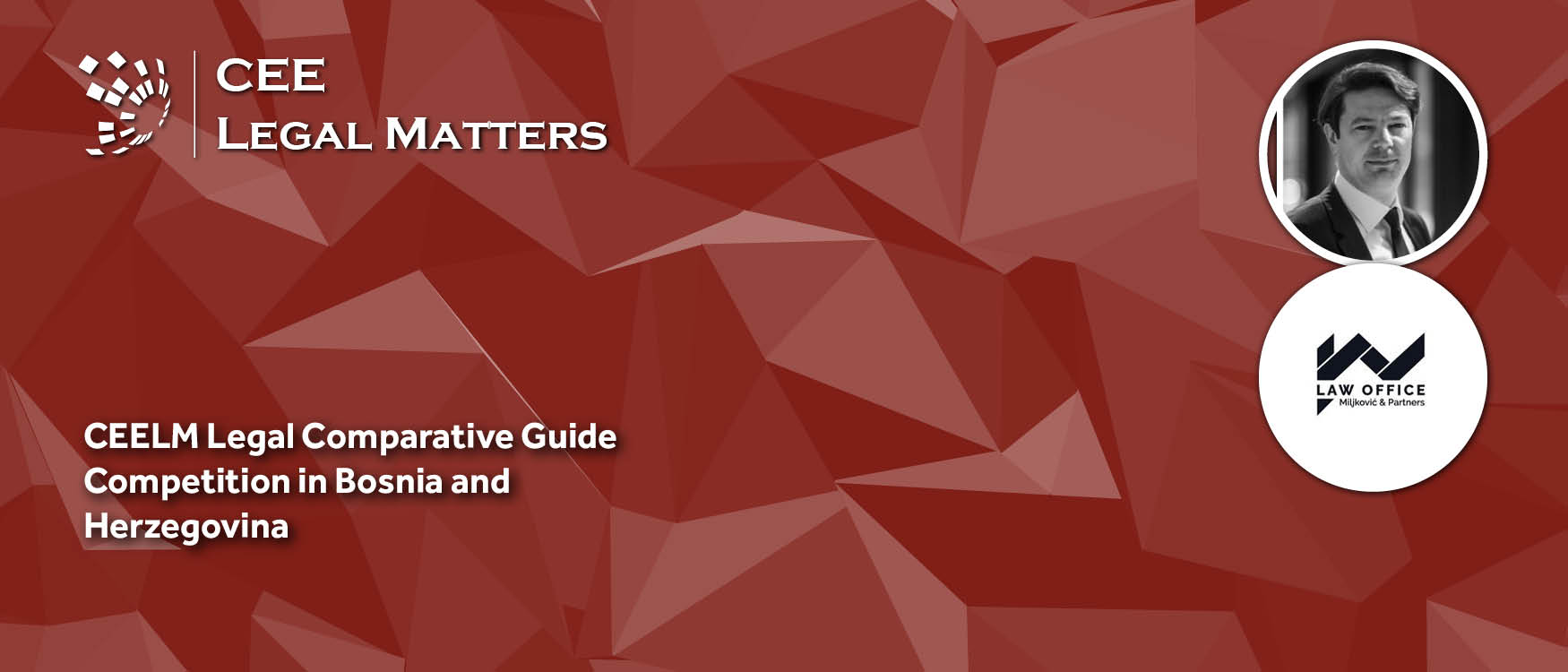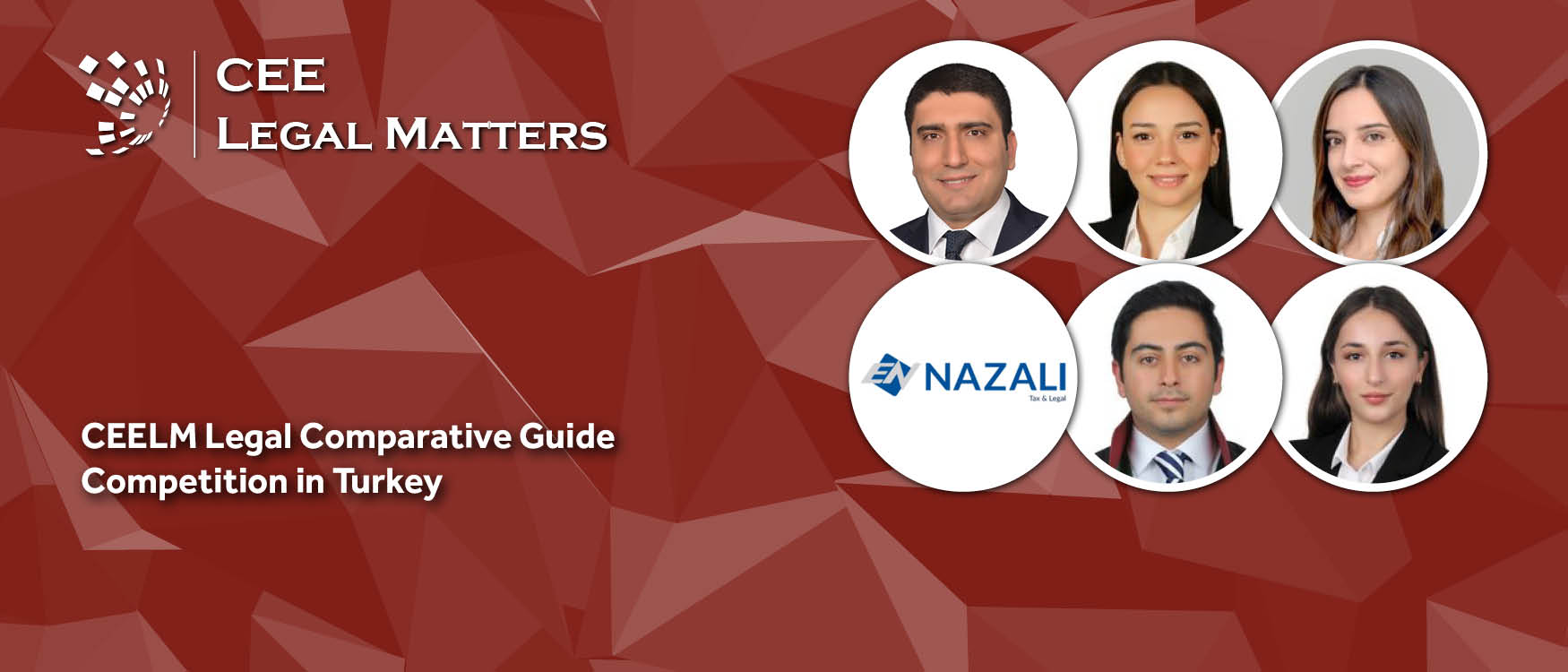Contributed by Bojovic Draskovic Popovic & Partners.
1. What are the main competition-related pieces of legislation in the Republic of Serbia?
The main competition-related pieces of legislation are:
- The Constitution of the Republic of Serbia (Ustav Republike Srbije Official Gazette of the RS, 98/2006), which guarantees equal legal status to participants on the market. Article 84 prescribes that acts that are contrary to the law and restrict free competition by creating or abusing monopolistic or dominant positions are strictly prohibited;
- The Law on Protection of Competition (Zakon o zastiti konkurencije Official Gazette of the RS, no. 51/2009 and 95/2013) (the Law);
- The Law on General Administrative Procedure (Zakon o opstem upravnom postupku Official Gazette of the RS, no. 18/2016 and 95/2018 (Authentic Interpretation)). In the procedure before the Commission for the Protection of Competition (the Commission), the general administrative procedure is applied unless otherwise provided by Law.
In addition, the following secondary acts of legislation are relevant:
- The Regulation on the Content And Manner of Submitting Notification on Concentration (Uredba o sadrzini i nacinu podnosenja prijave koncentracije Official Gazette of the RS, no. 5, January 25, 2016);
- The Regulation on Criteria for Setting the Amount Payable on the Basis of Measure for Protection of Competition and Sanctions for Procedural Breaches, Manner and Terms for Payment Thereof and Conditions for Determination of Respective Measures (Uredba o kriterijumima za određivanje visine iznosa koji se placa na osnovu mere zastite konkurencije i procesnog penala, nacinu i rokovima placanja i uslovima za odredjivanje tih mera Official Gazette of the RS, no. 50/2010, July 23, 2010);
- The Regulation on the Conditions for Relief from Commitment Payment from Measure for Protection of Competition (Uredba o uslovima za oslobađanje obaveze placanja novcanog iznosa mere zastite konkurencije Official Gazette of the RS, no. 50/2010, July 23, 2010);
- The Regulation on Agreements on Specialization Between Undertakings Operating on the Same Level of Production or Distribution Chain Exempted from Prohibition (Uredba o sporazumima o specijalizaciji između ucesnika na trzistu koji posluju na istom nivou proizvodnje ili distribucije koji se izuzimaju od zabrane Official Gazette of the RS, no. 11/2010, March 5, 2010);
- The Regulation on Agreements Between Undertakings Operating at the Different Level of Production or Distribution Chain Exempted from Prohibition (Uredba o sporazumima između ucesnika na trzistu koji posluju na razlicitom nivou proizvodnje ili distribucije koji se izuzimaju od zabrane Official Gazette of the RS, no. 11/2010, March 5, 2010);
- The Regulation on Research and Development Agreements Between Undertakings Operating on the Same Level of Production or Distribution (Uredba o sporazumima o istrazivanju i razvoju između ucesnika na trzistu koji posluju na istom nivou proizvodnje ili distribucije koji se izuzimaju od zabrane Official Gazette of the RS, no. 11/2010, March 5, 2010);
- The Regulation on the Content of Request for Individual Exemption of Restrictive Agreements from Prohibition (Uredba o sadrzini zahteva za pojedinacno izuzece restriktivnih sporazuma od zabrane Official Gazette of the RS, no. 107/2009); and
- The Regulation on the Criteria for Defining the Relevant Market (Uredba o kriterijumima za odredjivanje relevantnog trzista Official Gazette of the RS, no. 89/2009, November 2, 2009).
2. What are the main concerns of the national competition authority in terms of agreements between undertakings? How about the sanctioning record of the authority?
The Commission is mostly concerned with horizontal and vertical agreements containing hardcore restrictions (e.g. price-fixing and market sharing agreements), as well as with unreported mergers, and finally, with the creation and abuse of dominant positions.
In accordance with the information published in the latest Annual Report (2019), the Commission has worked on 23 breach of competition cases initiated ex officio, out of which 21 were transferred from the previous year and only two were initiated in 2019. 13 cases were transferred to 2020, eight were terminated or canceled, and two ended in the imposition of relevant fines (one for conclusion of a prohibited restrictive agreement and one for abuse of dominant position).
In 2018, the Commission worked on 27 breach of competition cases initiated ex officio, out of which eight were transferred from the previous year and 19 were initiated in 2018. Four were terminated or canceled and three ended in the imposition of relevant fines (two for the conclusion of a prohibited restrictive agreement and one for abuse of dominant position).
On 14 September 2021 the Commission reached the conclusion instituting proceedings ex officio against undertakings Atlantic Grupa from the Republic of Croatia, Atlantic Brands DOO, and Strauss Adriatic from the Republic of Serbia. Proceedings were instituted ex officio to investigate infringements to establish the existence of a restrictive agreement.
In another case, in September 2021, the Commission found out and initiated proceedings about a merger of two companies which was created by the acquisition of control on the part of Mat – Real Estate doo over the company Akcionarsko drustvo za proizvodnju radijatora, kotlova i usluznog liva radijator, Beograd – Stari Grad – in bankruptcy.
Decisions reached by the Commission are publicly available at the following web site: https://www.kzk.gov.rs/en/odluke.
3. Which competition law requirements should companies consider when entering into agreements concerning their activities on the Serbian territory?
Companies entering the Serbian market need to consider the same, or at least very similar, competition law requirements as they would when entering any EU jurisdiction. This is due to the fact that the relevant rules in Serbia are largely transcribed from the relevant EU rules (except for the EU-wide context). To provide a few examples, companies should conduct basic research regarding:
- the potential definition of relevant product market(s) where they intend to be active;
- the market shares of potential business partners on such relevant product markets;
- their own market share upon entering the market;
- the pros and cons of potential exclusivity arrangements (g. exclusive purchase, sale, distribution, etc.); and
- the level of scrutiny that a particular product market is subjected to by the Commission in accordance with its previous practice.
4. Does a leniency policy apply in the Republic of Serbia?
Yes, there is a leniency policy applicable in Serbia specifically when it comes to restrictive agreements, as envisaged by Article 69 of the Law and the relevant secondary acts of legislation and the Commission’s instructions. Under this regime, participants in a prohibited restrictive agreement may be fully or partially exempted from paying a fine. A party to a restrictive agreement who first notifies the Commission of the existence of an agreement or provides evidence on the basis of which the Commission initiates or terminates proceedings in connection with a restrictive agreement may enjoy full immunity from payment of a fine. Relief from the commitment to pay a monetary sum shall be implemented conditioned that the Commission, at the moment of submission of the evidence, had no knowledge of the existence of an agreement or, if it had the knowledge, it did not have enough evidence to enact a conclusion on institution of proceedings. For the agreement participant, who fails to fulfill conditions for full exemption from the fine, the amount of the fine may be reduced, conditioned on the delivery of evidence submitted to the Commission during the procedure that was not available at the time. Provisions of Article 69 do not apply to an agreement participant who initiated the conclusion of the agreement.
5. How is unilateral conduct treated under the Serbian competition rules?
The competition-infringing unilateral conduct falls under the rules on abuse of a dominant position in the market, which is explicitly prohibited.
The following are listed as examples of abuse of a dominant position under the Law – practices which:
1) directly or indirectly impose unfair purchasing or selling prices or other unfair business conditions;
2) limit production, markets, or technical development;
3) apply dissimilar business conditions to equivalent operations with respect to a variety of undertakings, by which some undertakings are placed in unfavorable position compared to competitors;
4) conditions the conclusion of an agreement with the acceptance of supplementary obligations by the other party, that given their nature or trading customs are not related to the subject of agreement.
The Commission carries the burden of proving the existence of a dominant position on the relevant market.
6. Are there any recent local abuse cases of relevance?
The Commission publishes all the decisions made about mergers & acquisitions, competition infringements (restrictive agreements, abuse of dominant position, administrative measures, market tests), and individually exempted agreements on its website: http://www.kzk.gov.rs/en.
On December 24, 2020, the Commission reached the decision on measures for the protection of competition in reassessment proceedings brought ex officio against undertaking Nis-ekspres doo. The Commission established that the undertaking Nis-ekspres doo abused its dominance by imposing unfair trading terms as the managing authority of the bus station in the city of Nis, resulting in discrimination of users by charging different prices for the provision of identical services of entering on the bus station platform.
7. What are the consequences of a competition law infringement?
The procedure for investigating infringements of competition is to be initiated ex officio when the Commission learns on the basis of submitted initiatives, and otherwise available information that there are plausible indications of infringement, as well as in the case of an investigation of a concentration.
The conclusion on the initiation of the procedure passed by the President of the Commission must contain a description of the action or the provisions of the law which might present the infringement of competition, the legal basis and reasons to initiate the procedure, as well as an invitation to all natural and legal persons to send the Commission the documents and other relevant information they may have.
If the Commission finds that there has been a competition infringement, it will determine an administrative measure in the form of an obligation to pay a fine. A pecuniary fine of up to 10% of the total annual income earned in the territory of the Republic of Serbia will be imposed on an undertaking if it:
1) abuses a dominant position on relevant market;
2) concludes or implements a prohibited restrictive agreement or a restrictive agreement which was not exempted under Article 60 of the Law;
3) does not perform or execute protective measures or the measure of de-concentration (de-merger);
4) implements a concentration that was not approved or does not obey an order to halt the concentration.
The Commission can also impose a measure of elimination of the competition infringement, such as e.g. preventing the probable occurrence of the same or similar infringement, by giving orders to undertake certain behavior or prohibit certain behavior (behavioral measures).
The decision on the competition infringement as well as the order on initiation of the ex officio procedure would be published in the Official Gazette of the Republic of Serbia and on the Commission’s website. The order to initiate the procedure would not be published if the President of the Commission assesses that the course of events in the procedure might be jeopardized due to its publication.
8. Is there any competition law requirement in case of mergers & acquisitions occurring or impacting the Serbian market?
Yes, there is, arguably even in cases that do not impact the Serbian market.
Namely, the concentration of undertakings occurs in the following cases:
1) mergers and other statutory changes in which a merger of undertakings occurs, within the meaning of the law governing the status of companies;
2) acquisition of direct or indirect control, by one or more undertakings over another or more undertakings or over part or parts of other undertakings, who may represent an independent business entity;
3) joint venture of two or more undertakings in order to create a new undertaking or to gain joint control over an existing undertaking that operates on a long-term basis and has all functions of an independent undertaking.
Concentrations of undertakings are permitted, unless they significantly restrict, distort. or prevent competition in the market of the Republic of Serbia or its part, and especially if that restriction, distortion, or prevention is the result of creating or strengthening of a dominant position.
The permissibility of concentration of undertakings is determined in relation to:
1) the structure of the relevant market;
2) the actual and potential competitors;
3) the market position of participants in concentration and their economic and financial power;
4) the possibility of the choice of suppliers and customers;
5) the legal and other barriers to entry on the relevant market;
6) the level of competitiveness of participants in concentration;
7) the supply and demand trends of the relevant goods or services;
8) the technical and economic development trends;
9) the interests of consumers.
It should be noted that, due to the manner in which the relevant financial thresholds are set up, any concentration engaged in by an entity that achieves over EUR 100 million worldwide and over EUR 10 million in Serbia becomes notifiable in Serbia. This is the reason why many foreign to foreign transactions are notified in Serbia and it has been the target of significant criticism from the professional community.
9. What is the normal merger review period?
The Law explicitly provides that the Commission is to issue a Phase I clearance decision, or a decision to commence a Phase II investigation, within one calendar month of the date of filing a complete notification (complete with all information and supporting documentation including translation of documentation into the Serbian language). The one-month period starts running from the first calendar day following the submission of a complete notification.
In practice, the case handlers sometimes extend this deadline by requiring additional information to be submitted by the parties and therefore “stopping the clock” (i.e. indicating that the notification was not complete as submitted).
The Commission issues the clearance in Phase I if the concentration does not lead to the “creation or strengthening of a dominant position.”
A concentration is deemed to be cleared if the Commission fails to deliver a decision within one month following the submission of a complete merger notification (four months if ex officio investigation proceedings are opened).
The Commission is obliged to issue the decision in Phase II within 4 months from the date of issuing the conclusion on the commencement of Phase II. The 4 month period starts running from the first calendar day following the date of issuance.
10. Are there any fees applicable where transactions are subject to local competition review?
There is an initial filing fee of 0.03% of the global annual turnover of all parties to the concentration (but this cannot exceed EUR 25,000). However, the final fee amount depends on the outcome of the case:
(i) if the notification is dismissed (for formal reasons), the fee will amount to EUR 500;
(ii) if the notification is withdrawn, the fee will amount to EUR 900;
(iii) if the concentration is cleared in Phase I, the fee will amount to 0.03% of the global annual turnover of all parties to concentration (but cannot exceed EUR 25,000);
(iv) if the concentration is cleared in Phase II, the fee will amount to 0.07% of the global annual turnover of all parties to concentration (but cannot exceed EUR 50,000); and
(v) if the concentration is prohibited, the fee will amount to EUR 1,200.
The fee must be submitted with the application and, if the outcome is (i), (ii), or (v), the Commission will transfer any overpayment back to the parties.
11. Is there any possibility for companies to obtain State Aid in the Republic of Serbia? If yes, under what conditions?
Companies do have the possibility to obtain state aid under certain circumstances.
Categories of state aid that can be granted under the Law on State Aid Control (Zakon o kontroli drzavne pomoci “Official Gazette of RS”, no. 73/2019) and the Regulation on Rules for State Aid Granting (Uredba o pravilima za dodelu drzavne pomoci Official Gazette of RS, no. 13/2010, 100/2011, 91/2012, 37/2013, 97/2013, 119/14, 23/2021 – other law, 23/2021-I – other law, 62/2021 – other law, 62/2021-I – other law, and 62/2021-II – other law) include:
- regional operating state aid;
- horizontal state aid for environmental protection;
- sectoral state aid; and
- state aid for providing services of general economic interest.
Specific types of sectoral state aid for which special grant rules are defined in this Regulation include:
1) the steel sector;
2) the coal sector; and
3) the transport sector.
Depending on the sector in which state aid is provided, the conditions for obtaining it are different. For example, regional state aid is granted to stimulate economic development in less developed areas, primarily those in which the standard of living is extremely low, or in which there is high unemployment.
Regional state aid for operations can also be granted for covering operating expenditures, but only if the following conditions are cumulatively fulfilled:
1) state aid contributes to equal regional development;
2) state aid is proportionate to the difficulties that need to be removed; and
3) state aid is time-limited and diminishing over time.
State aid for environmental protection can be granted for removing or preventing harm to the environment or natural resources created by the beneficiary's activities, for removing risks of such harms, or for higher efficiency in exploiting natural resources, including energy efficiency measures and the use of renewable energy sources.
State aid for environmental protection can be granted to enterprises in all sectors, save for the transport sector in the area of infrastructure relating to air, road, and railway traffic, as well as inland navigation.
The conditions for obtaining state aid are defined in the Regulation on Rules for State Aid Granting.
12. What were the major changes brought by the COVID-19 crisis in the field? How likely is it for these changes to stick?
During the COVID-19 crisis and the state of emergency, the Regulation on the Application of Deadlines in Administrative Proceedings (Uredba o primeni rokova u upravnim postupcima za vreme vanrednog stanja Sluzbeni glasnik RS br. 041/2020) entered into force on March 24, 2020, and provided for the extension of deadlines in administrative proceedings during the state of emergency. Noting the fact that the state of emergency was lifted on May 6, 2020, the application of deadlines in administrative proceedings under this regulation ceased to apply on the same date.
The deadlines expired during the state of emergency or deadlines expiring in the period from March 24-May 6, 2020, were to be considered expired upon the expiration of 30 days from the day of the abolition of the state of emergency (i.e. on June 5, 2020). This relates to deadlines prescribed by the law for filing merger notifications and requests for individual exemption or deadlines for taking administrative actions, closing of administrative procedures (for example, decisions in merger cases), and deciding on the declared judicial remedies.
It follows from the above that no major (permanent) changes in this area of law occurred as a result of the pandemic.

